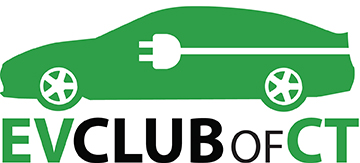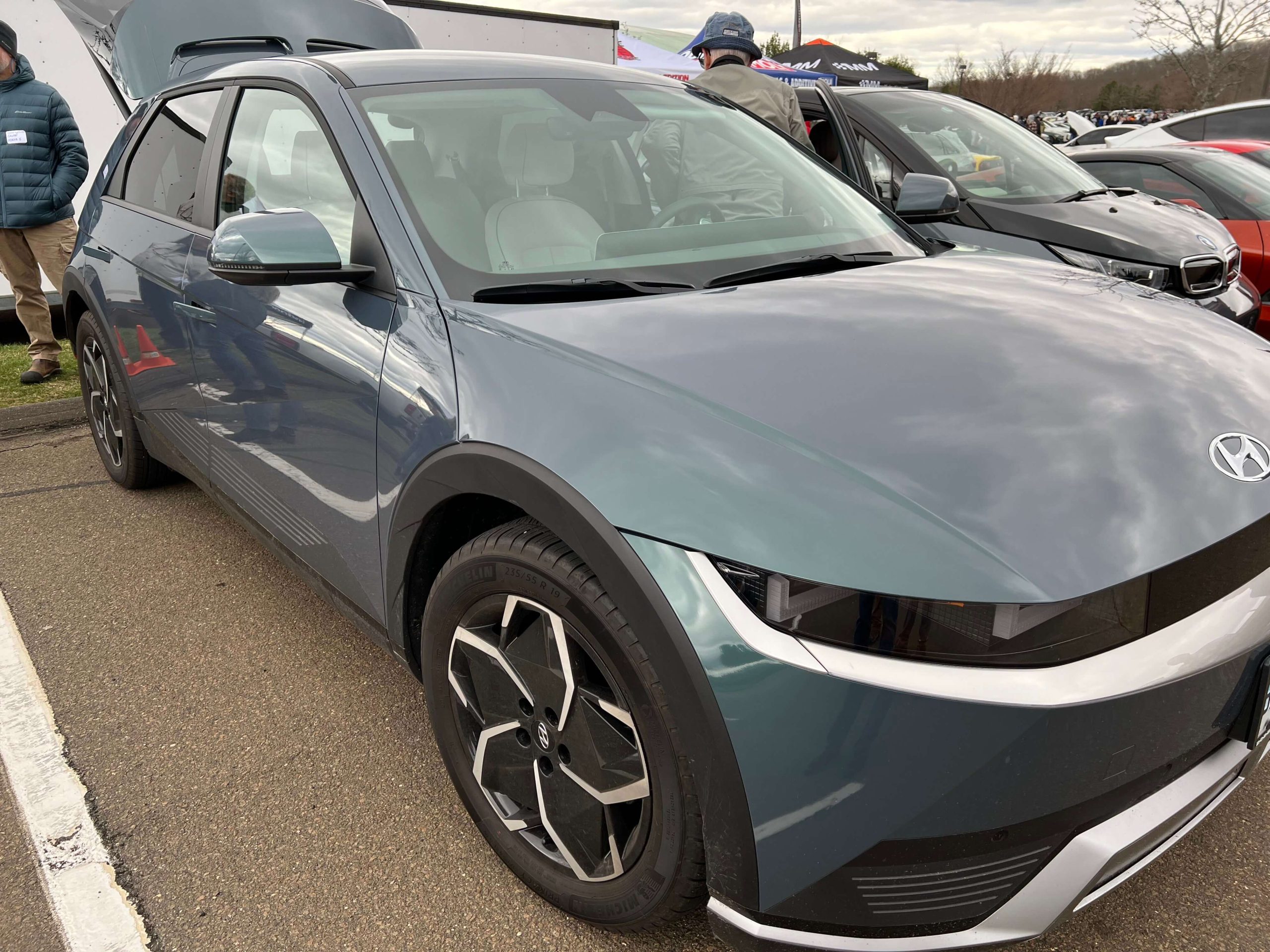The following is a summary of what was reported in the recent CHEAPR board meeting.
Pre-Qualification Voucher Program for Income Limited Persons
This new program soft-launched on March 29th.
There have been supplemental rebates for income-limited buyers (often short-handed as LMI) for new EV purchases, as well as rebates for used EV purchases for several years. These have gotten almost no traction. From the beginning, concerns were expressed that the criteria (participation in certain government assistance programs) were too restrictive and the post-purchase application process, whereby the purchaser had to float the cash for the incentive (as well as live in some suspense that it would come through), were just not realistic.
Those complaints, along with the empirical data, led the legislature to direct changes to the program that became law in Public Act 22-25, passed in 2022. In addition to the government assistance program participation, an income option was added, specifically that households with income of up to 3 times the federal poverty rate would be eligible regardless of program participation. Some examples of 3x poverty: $43,470 for a single person household and $90,000 for a 4-person household.
DEEP reports this has led to an encouraging early response. This is based on vouchers awarded. It doesn’t definitively mean that everyone who received a voucher has used it. That was a subject of discussion when the LMI program was first implemented. Apparently, some other states that had used vouchers had seen low conversion rates, and there was concern about how wasteful the extra admin overhead would be. As of this writing, DEEP has only updated published rebate data through April 13th, and there are no recorded LMI rebates between the end of March and April 13th, so it is too soon to have any visibility.
The next step is for there to be a marketing push. A vendor has been selected and we’ll see how fast the information gets out.
Used EV Rebate
As noted above, the LMI program includes rebates for used EVs. The CHEAPR website indicates which EVs are eligible, just as it does for new EVs. Only vehicles that previously met the criteria for eligibility when new will be eligible as a used vehicle. We thought there might be a willingness to loosen this and it is disappointing this is not the case. We think it needlessly limits the options for the consumer. There is already a gating requirement in terms of income limits. This feels needlessly restrictive.
There are some details that we await. The MSRP cap was lowered, then raised over the course of the program. Is the eligibility based on the current cap or the cap in effect at the time? What if a model has had price changes?
Fleet Incentive Program
A major addition to the program was extending the CHEAPR incentives to fleets. This applies to private fleets, municipalities, non-profits, and tribal entities. Non-profits must provide a Certificate of Legal Existence to prove good standing. According to DEEP, the launch will occur sometime in the third quarter.
The cap is 10 rebates per year and 20 lifetime. The DEEP commissioner has some flexibility to raise the cap for an organization if it is determined to be warranted.
The fleet program applies to new vehicles and the standard rebate only. The MSRP cap of $50K applies here as it does with the consumer.
E-Bike Rebate
The first phase of the e-bike program is scheduled to launch on June 28th with a point of sale voucher for brick and mortar stores. Online sales will come along later. CT residents age 18 or older can apply for a voucher that can be redeemed for an eligible e-bike at a participating retailer. Check with your preferred e-bike retailer to see if they are enrolled in the program.
The base rebate is $500. That can be augmented by an additional $1000 for LMI individuals.
There is an MSRP cap of $3000.
Eligible bikes must have either a UL 2849 or EN 15194 certification. (A pending certification does not count.) This is an important requirement to ensure safe e-bikes are purchased. Generally speaking, and unlike with automobiles, there is a paucity of regulation at this time. There is a lack of awareness that there are unsafe e-bikes out there, and with lithium-ion batteries, you are literally playing with fire.
Update: According to Bloomberg, the program was fully subscribed within 3 days of launch.


1 thought on “CHEAPR – New Program Components Beginning to Be Implemented”
Comments are closed.